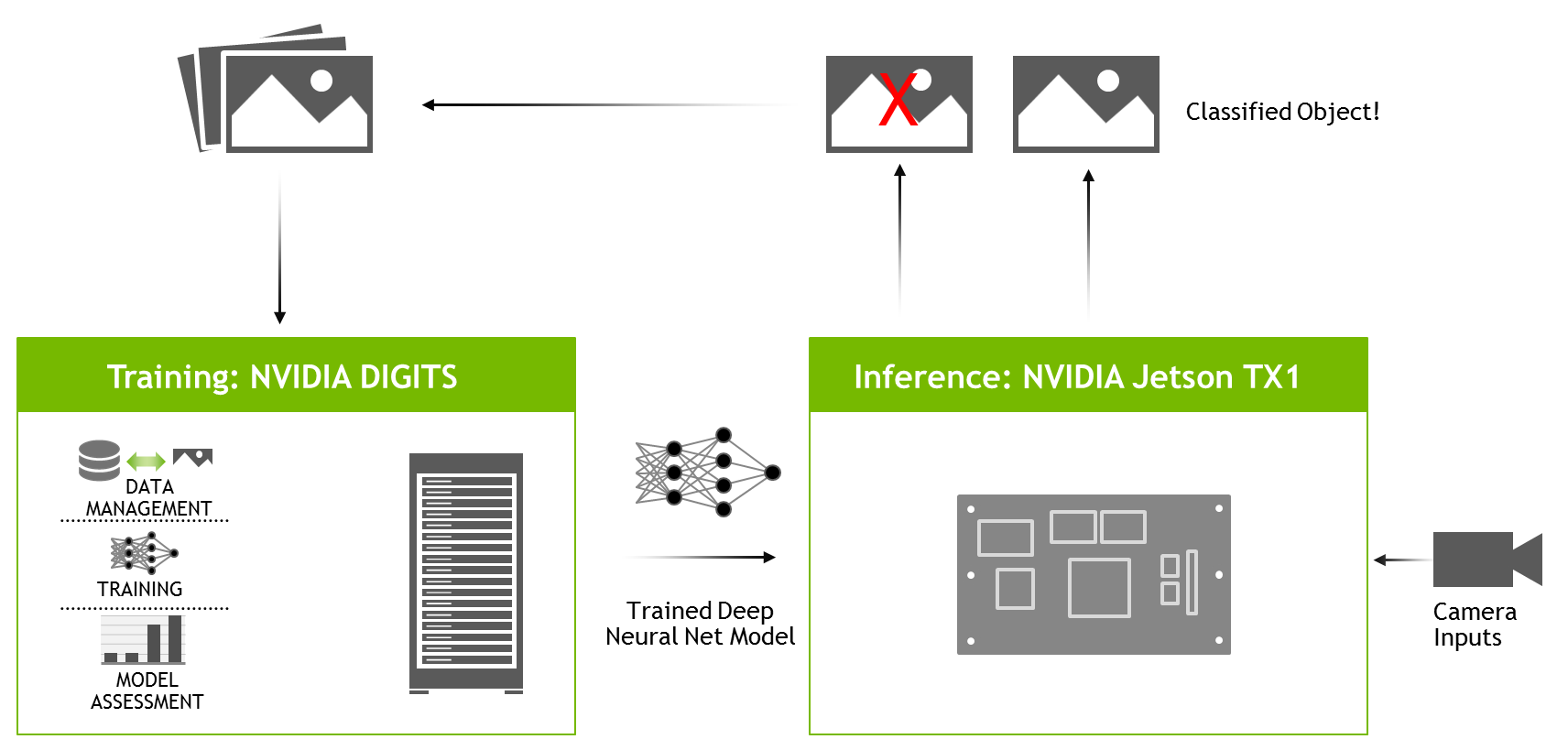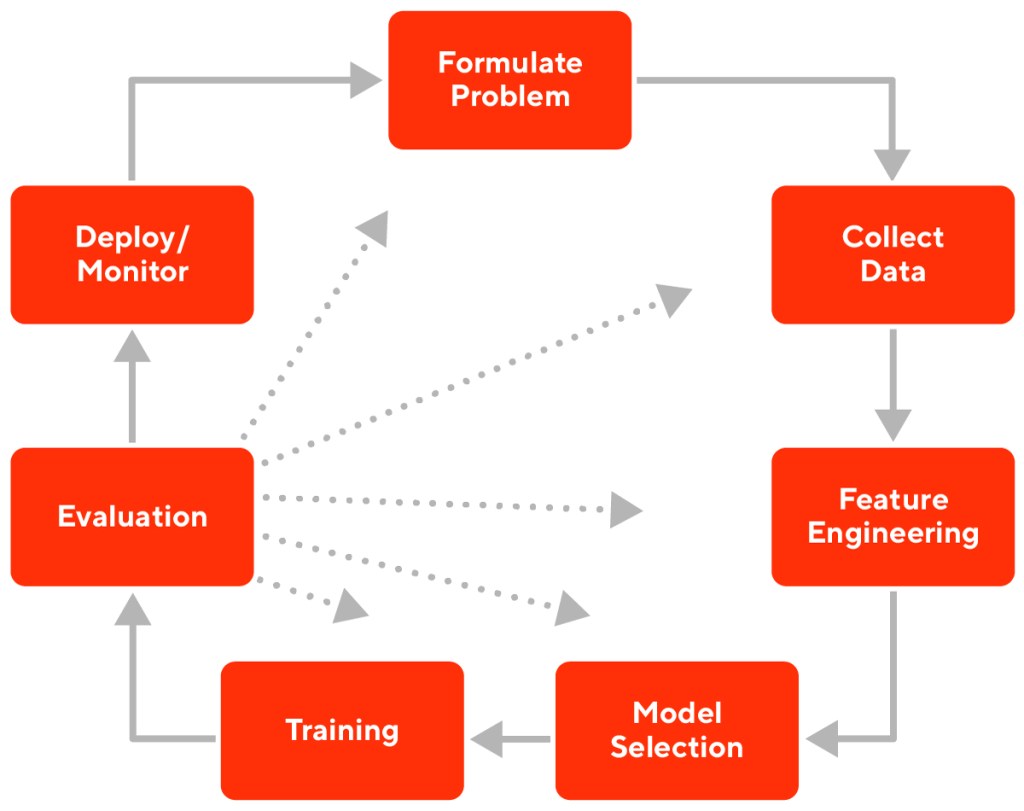
AI in video games has been a hot topic the last decade. The most popular examples of AI in games are characters that have self-awareness and can remember their past. They also make their own decisions. However, what is the real purpose of AI in games? Here are three reasons AI in games is important. And what are the potential negatives? Let's get to the bottom of them and talk about the future AI in games.
Artificial intelligence in videogames
It is not easy to define artificial intelligence in videogames. It's best understood in two broad terms: context and game. Context refers to where problems occur, and game refers the actual game. Game AI refers to the system that helps players solve problems and interact with the game. The game AI is what makes it more interactive and fun. It attempts to simulate the human brain, anticipating the player's actions.

Artificial intelligence is still in its infancy and it is hard to see it surpassing the human mind. However, AI has already made a significant contribution to the delivery of a new gaming experience. The benefits of this technology are still far from being perfected, but they are worth the wait. There are many games that utilize AI to help players.
Characters that exhibit self-awareness
In games, characters can display varying degrees of self-awareness. For example, characters who are introspecters don't fully understand themselves, while other characters are constantly aware of their own behaviors and feelings. People who are self-aware will be more open to admitting their faults and taking appropriate action. These characters are often more sympathetic to others. In addition, they are often more engaging than their 'inner' counterparts, which may be a good thing.
Characters with their own memories
Characters with their own memories are useful for many reasons. Good memory can help with remembering unusual skills, motivations and goals. It can also be helpful to keep track of specific campaign starts and class memberships. For example, a player might have difficulty remembering the first time they met another party member. A character with a good memory can remember the names of people who have helped them.
Inverted credibility is used in some games to deny the player's knowledge about events. BioShock, for instance, tells players that they don't know anything about the Rapture unless the player presses the button. The illusion of unconscious mind control is created when the character forgets about the Rapture even though they know it. This storytelling effect can be used in certain games to make it easier for players to buy a character.

Characters that make decisions on their own
Artificial intelligence (AI), the process through which AI characters make decisions by themselves in games is called artificial intelligence. These systems use self learning algorithms to interpret user actions and create virtual worlds automatically. The process of creating a game requires a lot time and effort. In order to save time and money, you can use AI characters in your games. A good example of an AI game is F.E.A.R., which has been hailed as one of the best shooters of all time.
FAQ
AI: What is it used for?
Artificial intelligence is a branch of computer science that simulates intelligent behavior for practical applications, such as robotics and natural language processing.
AI can also be called machine learning. This refers to the study of machines learning without having to program them.
AI is being used for two main reasons:
-
To make our lives easier.
-
To do things better than we could ever do ourselves.
Self-driving automobiles are an excellent example. AI can take the place of a driver.
Is AI possible with any other technology?
Yes, but still not. Many technologies exist to solve specific problems. However, none of them can match the speed or accuracy of AI.
What is the status of the AI industry?
The AI industry is growing at an unprecedented rate. Over 50 billion devices will be connected to the internet by 2020, according to estimates. This means that all of us will have access to AI technology via our smartphones, tablets, laptops, and laptops.
This will also mean that businesses will need to adapt to this shift in order to stay competitive. If they don't, they risk losing customers to companies that do.
You need to ask yourself, what business model would you use in order to capitalize on these opportunities? You could create a platform that allows users to upload their data and then connect it with others. You might also offer services such as voice recognition or image recognition.
Whatever you decide to do in life, you should think carefully about how it could affect your competitive position. You won't always win, but if you play your cards right and keep innovating, you may win big time!
What does AI mean today?
Artificial intelligence (AI) is an umbrella term for machine learning, natural language processing, robotics, autonomous agents, neural networks, expert systems, etc. It is also known as smart devices.
The first computer programs were written by Alan Turing in 1950. He was fascinated by computers being able to think. In his paper "Computing Machinery and Intelligence," he proposed a test for artificial intelligence. The test tests whether a computer program can have a conversation with an actual human.
John McCarthy in 1956 introduced artificial intelligence. He coined "artificial Intelligence", the term he used to describe it.
Many types of AI-based technologies are available today. Some are easy and simple to use while others can be more difficult to implement. These include voice recognition software and self-driving cars.
There are two types of AI, rule-based or statistical. Rule-based uses logic to make decisions. A bank account balance could be calculated by rules such as: If the amount is $10 or greater, withdraw $5 and if it is less, deposit $1. Statistical uses statistics to make decisions. For instance, a weather forecast might look at historical data to predict what will happen next.
What are the possibilities for AI?
AI can be used for two main purposes:
* Prediction – AI systems can make predictions about future events. AI can be used to help self-driving cars identify red traffic lights and slow down when they reach them.
* Decision making. AI systems can make important decisions for us. Your phone can recognise faces and suggest friends to call.
Statistics
- In 2019, AI adoption among large companies increased by 47% compared to 2018, according to the latest Artificial IntelligenceIndex report. (marsner.com)
- A 2021 Pew Research survey revealed that 37 percent of respondents who are more concerned than excited about AI had concerns including job loss, privacy, and AI's potential to “surpass human skills.” (builtin.com)
- More than 70 percent of users claim they book trips on their phones, review travel tips, and research local landmarks and restaurants. (builtin.com)
- That's as many of us that have been in that AI space would say, it's about 70 or 80 percent of the work. (finra.org)
- The company's AI team trained an image recognition model to 85 percent accuracy using billions of public Instagram photos tagged with hashtags. (builtin.com)
External Links
How To
How to configure Siri to Talk While Charging
Siri can do many things, but one thing she cannot do is speak back to you. Your iPhone does not have a microphone. Bluetooth is a better alternative to Siri.
Here's how you can make Siri talk when charging.
-
Select "Speak When locked" under "When using Assistive Touch."
-
To activate Siri press twice the home button.
-
Ask Siri to Speak.
-
Say, "Hey Siri."
-
Speak "OK."
-
You can say, "Tell us something interesting!"
-
Speak out, "I'm bored," Play some music, "Call my friend," Remind me about ""Take a photograph," Set a timer," Check out," and so forth.
-
Say "Done."
-
Say "Thanks" if you want to thank her.
-
If you're using an iPhone X/XS/XS, then remove the battery case.
-
Insert the battery.
-
Place the iPhone back together.
-
Connect the iPhone to iTunes.
-
Sync the iPhone
-
Enable "Use Toggle the switch to On.